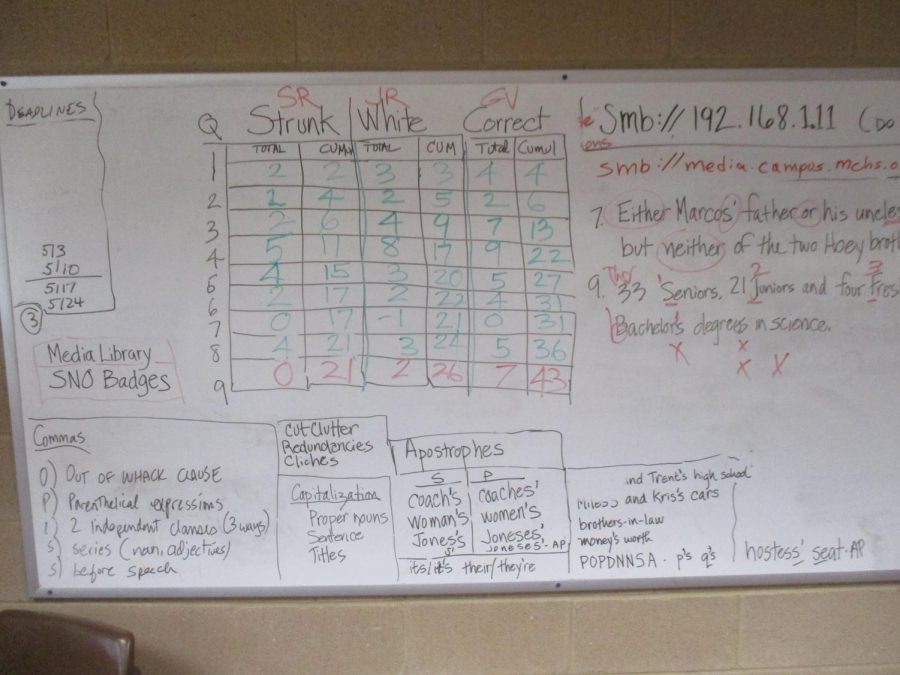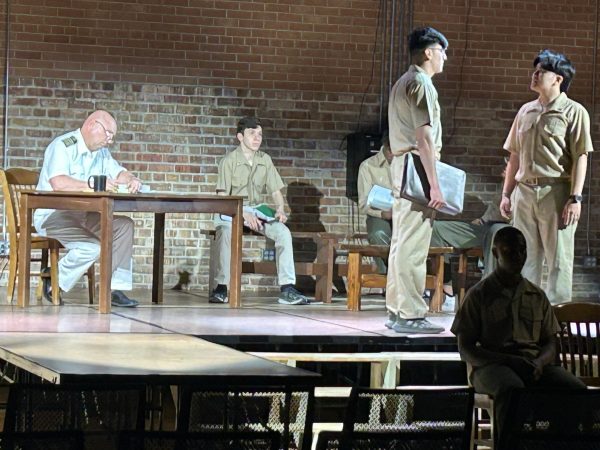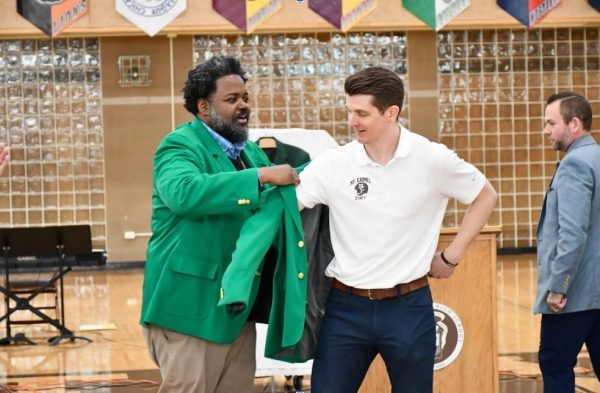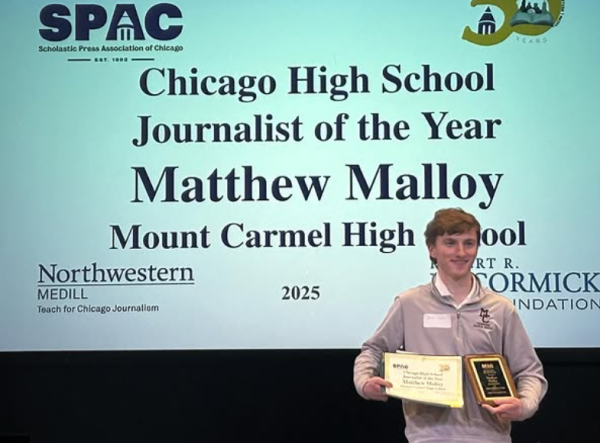Seventh Annual Strunk and White Mount Carmel Championship CAPS the year
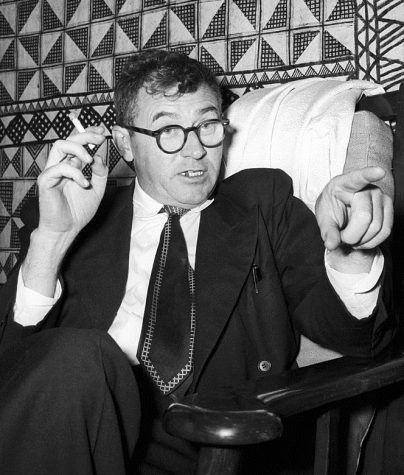
The annual tradition of MC journalism students competing in a winner-take-all-bragging-rights tournament continued this year thanks to Zoom. Seniors, represented by Francisco Avila, took on the junior co-captains – Harry Moynihan and Duke Allen.
The two teams took turns looking for errors on 10 sentences. The numerous errors involved punctuation, capitalization, possessives, subject/verb agreement, COVID-19 references and numerals. All of these topics were covered during the school year as the journalism students learned to write their stories in accordance with the Associated Press Style Guide.
The junior team of Moynihan/Allen edged the senior team by 2 and 1/2 points. A point is awarded for each error found, and a point is subtracted for any changes made to a correct usage. Readers may want to try their luck to see how they do against the winning team.


The questions and directions follow.
SEVENTH (ALMOST) ANNUAL STRUNK AND WHITE
MOUNT CARMEL GRAMMAR CHAMPIONSHIP QUESTIONS 5/14/20
Correct and re-type the sentences making any changes needed in the space below each sentence. Do not change the base words or add new language but revise, delete or correct what is wrong.
All answers are to be in accordance with the latest available editions of the Associated Press Stylebook as the primary source and Webster’s New World College Dictionary as the secondary source. AP Style Guide treatment can usually be found online.
EXAMPLE
Mr. Haggerty said “Mary had a very, little lamb, a duck, and a anteater.”
The correct answer would be:
FOUR ERRORS CORRECTED – Mr. Haggerty said, “Mary had a very little lamb, a duck and an anteater.”
- A comma is needed before direct speech which constitutes a complete sentence.
- No comma should be used between very and little, because “very” modifies “little” rather than “lamb” and could not stand alone as an adjective.
- No comma should be used after “duck,” since we are following AP Style Guide, and the second to last item in a series has no comma following it.
- Finally, “a anteater” should be “an” because the next word following the article starts with a vowel sound.
- Charles drove his reliable economical Subaru to school but Joe decided to walk from home.
- Alongside her brother Nessa Stein inherited an arm’s dealership.
.
- On the first Tuesday in March, all eyes were on the critical, primary elections taking place in 14 states and 1 US territory.
- Either Charles father or his uncles are going to be here but neither of the two Avila brothers are coming.
- As Covid19 spreads throughout the world children have been out of school due to Corona Virus.
- Schools across the U.S. are on a two month break due to Covid-19, most schools are doing E-Learning.
- Once Upon a Time in Hollywood one of the famous movies from Quentin Tarantino starts in the 1950’s, and stars Leonardo Di Caprio and Brad Pitt.
.
- Incredibly Senior Jon Weber has participated in numerous extracurriculars, including the Math Team, soccer, track and field, scholastic bowl, and the National Honor Society.
- 33 Seniors, 21 Juniors and four Freshman left for Darien, Illinois to attend kairos.
- Harrison, along with Daniel, were going to leave at 2PM today for the south side; but Harrison said that “He’s going to leave sooner”.

